While he enjoyed politics and felt he could do something for his country, he had started early - never having done anything else, and now he is enjoying moving into new areas, former Austrian Chancellor Sebastian Kurz said in an interview by Zoltan Szalai, Director General of MCC at the MCC Fest in Esztergom, Hungary. Kurz said that the worst thing about politics is that you are in constant conflict and no matter what you do, you always get criticised, simply because others want to sit in your chair, which is the shadowy side of democracy. The good thing is that you can work for the people, you can take small steps in the right direction," he said.
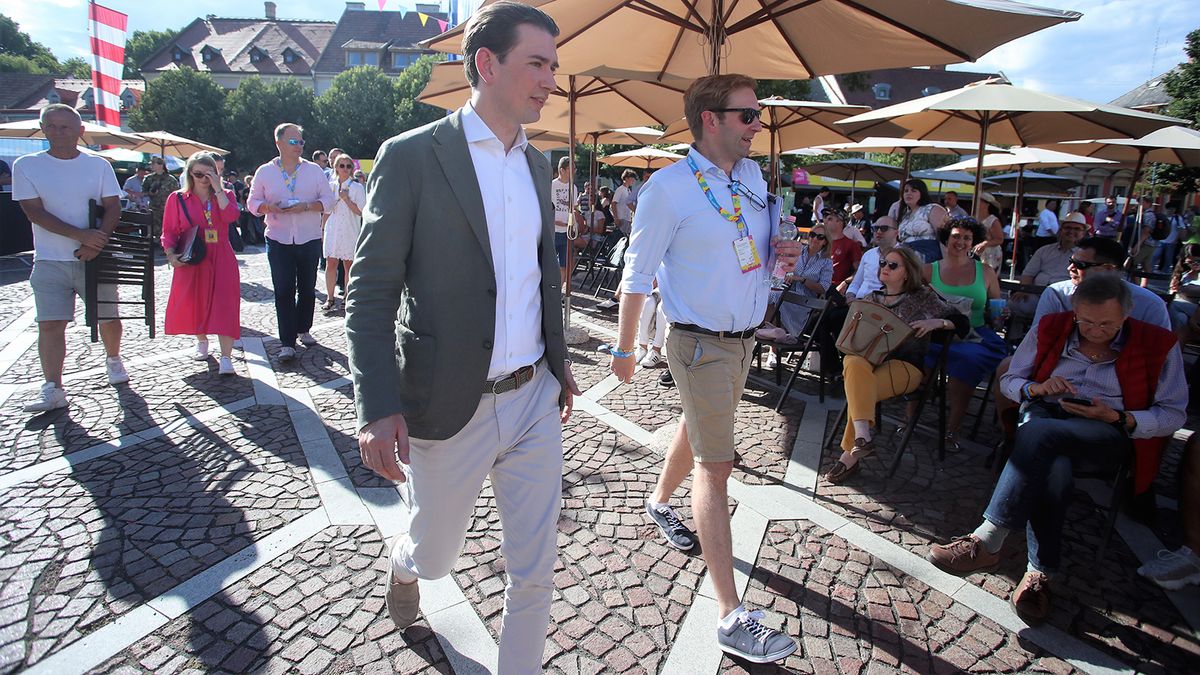
In response to a question, Kurz said that it was certainly easier to work with the Freedom Party (FPO), recalling that they were able to implement many reforms, cut taxes, make family policies, because they agreed on many things. With the Greens the primary common cause was battling the pandemic, but he added that every coalition has its good and bad sides. His young age was a disadvantage at the beginning, the media was against him and "it was difficult to start that way," Kurz admitted. And continued that it was difficult to fight against illegal migration: in Austria, Kurz was one of the first to indicate that it would be difficult to integrate so many people.
He had suggested that the wave of migration should be stopped and that decisions on who could enter should be selective.
This was attacked by many, although Kurz felt that his position was rational and not racist, but many wanted to shame him. In recent years, those who criticised him have been advocating greater rigour, and many people are using the same language today as he had then. But what is more important than saying big things is doing big things, because there are still many people coming illegally and the external borders are not yet sufficiently protected. "Today it is easier to take this stance" and he recalled "the positive cooperation with Hungary" on this issue.
Sebastian Kurz emphasized that working together with Viktor Orban was especially good and that as foreign minister cooperation with his Hungarian counterpart Peter Szijjarto was also positive.
They were the first to warn Brussels that this system would not work because it was up to each country to decide who enters and not the smugglers. An order-based system is needed at the European level, but room must be left for countries to decide for themselves what is good for them. "Hungary cannot be compared to Austria, the latter is a very diverse country, with a high level of migration and many people from other countries who are well integrated and contribute to its success," he said. He added that "there is a big difference between those who come legally and those who come illegally, because those coming illegally would probably not have been positively assessed if they had applied. It is therefore important to distinguish between legal and illegal migration," he pointed out.
Speaking about the changes in Europe's role, Kurz stated that the main goal is economic success, which is the basis of jobs, prosperity, and salaries.
It is important to keep Europe competitive. Many countries are doing well now, but transformations can be seen at the global level. The results so far have been achieved through hard work, and the EU's main goal must be to remain competitive. Kurz stressed that "we live in a democracy in the Western World and it is an ongoing challenge to remain attractive, as opposed to other systems.
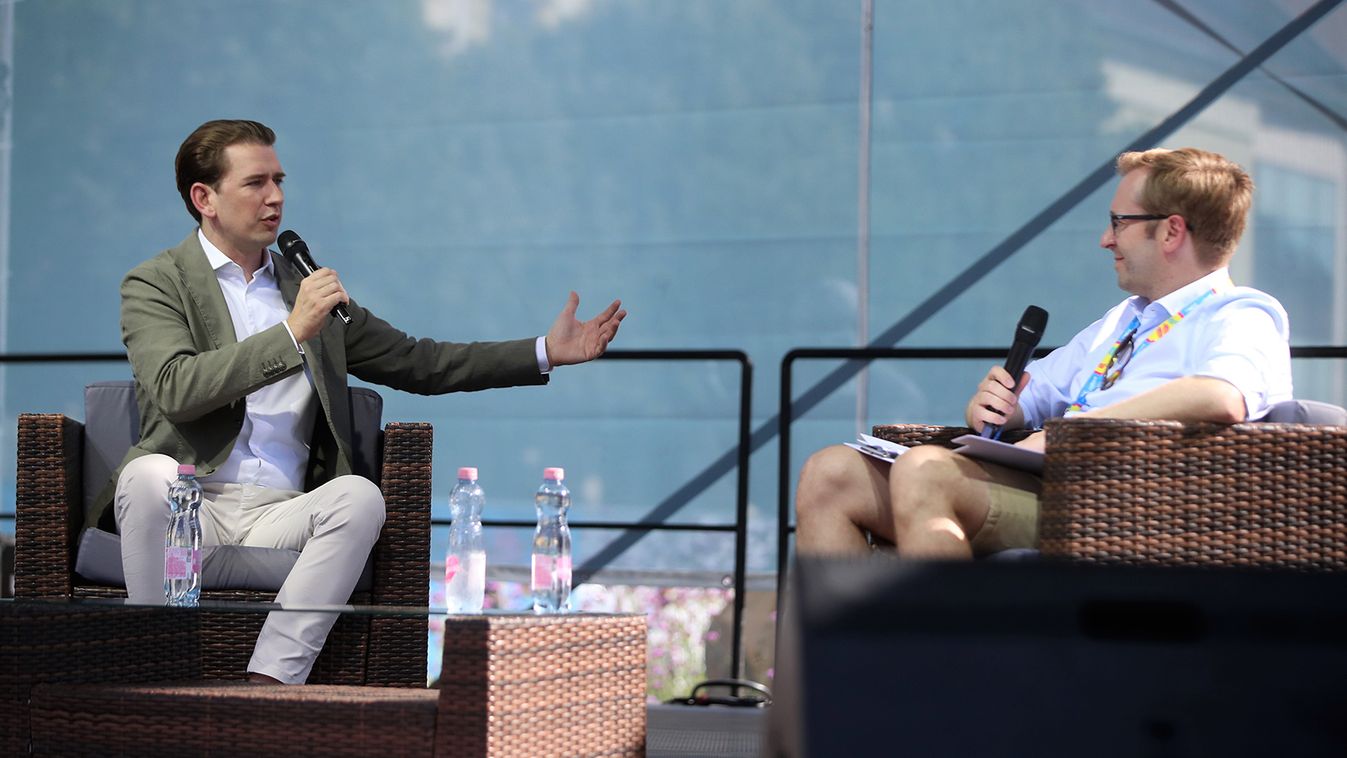
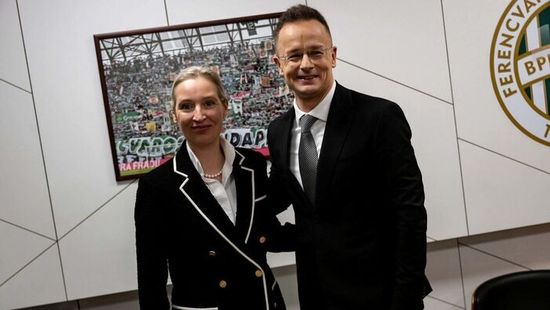
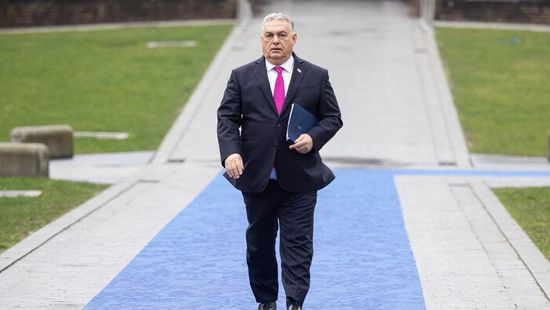
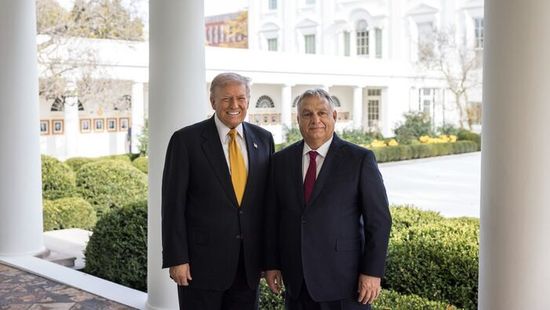
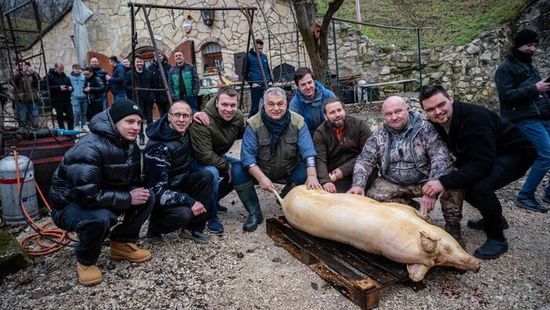

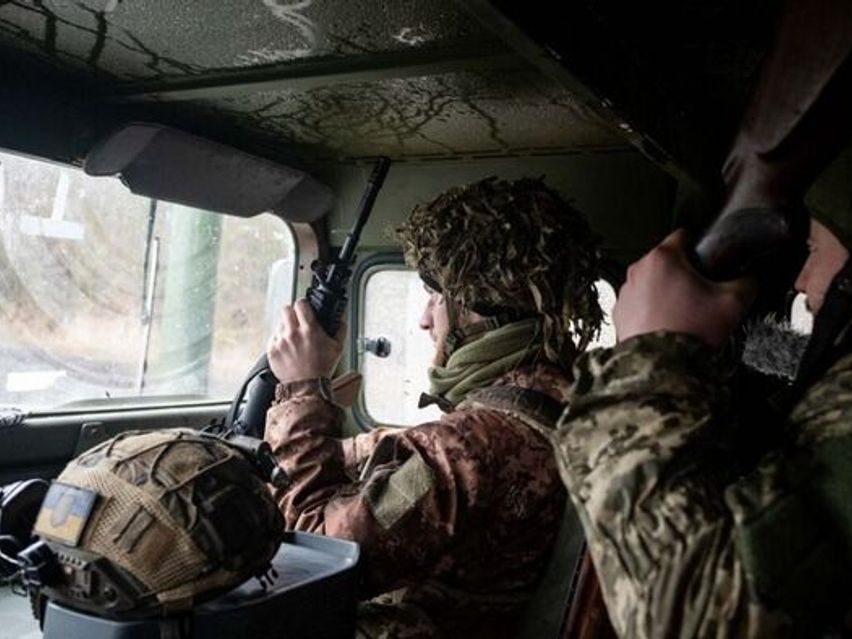


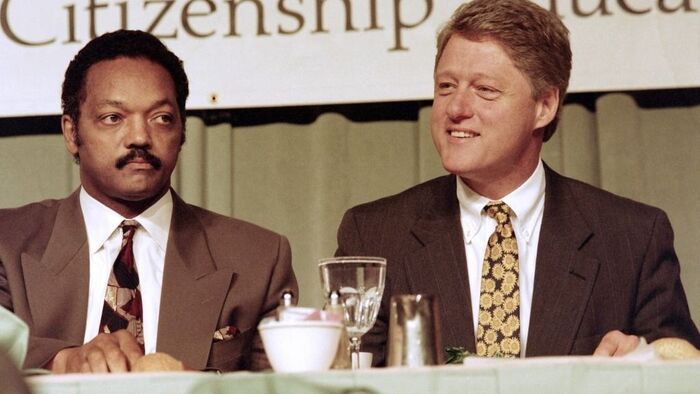

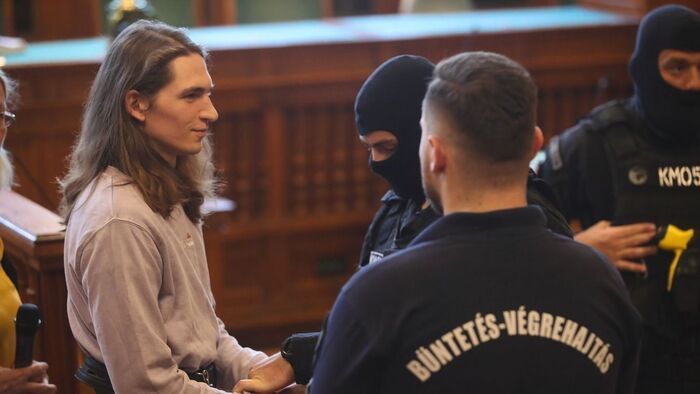
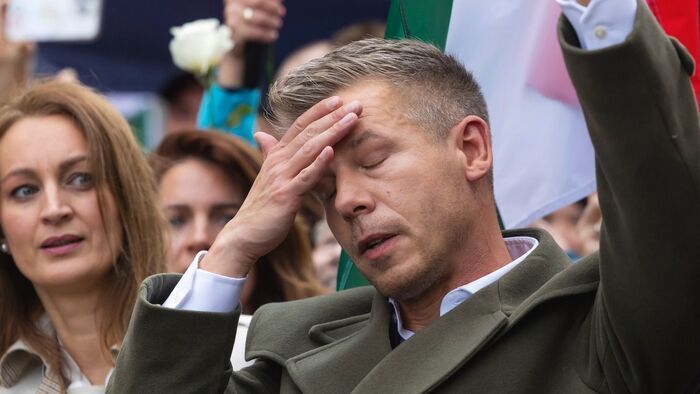
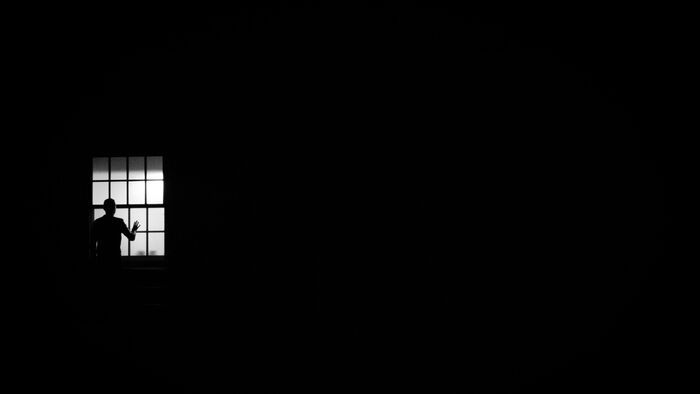
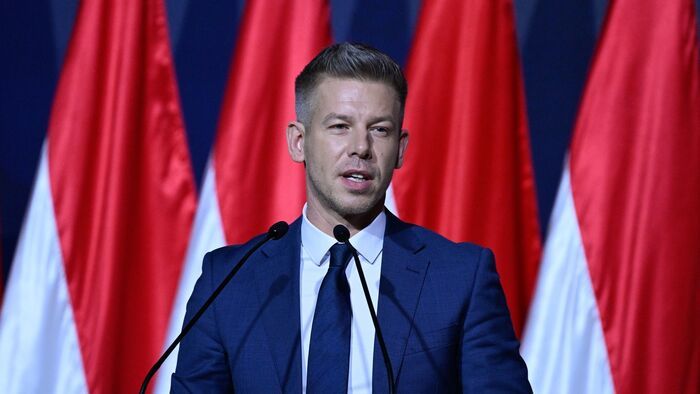
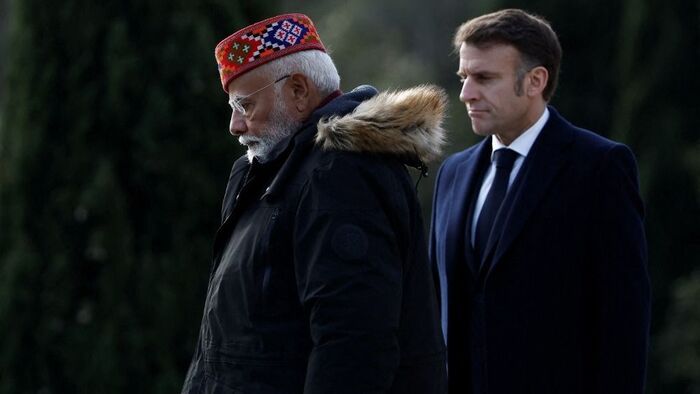
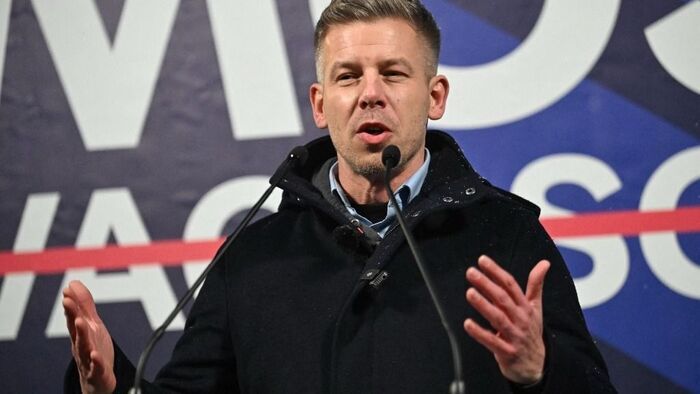
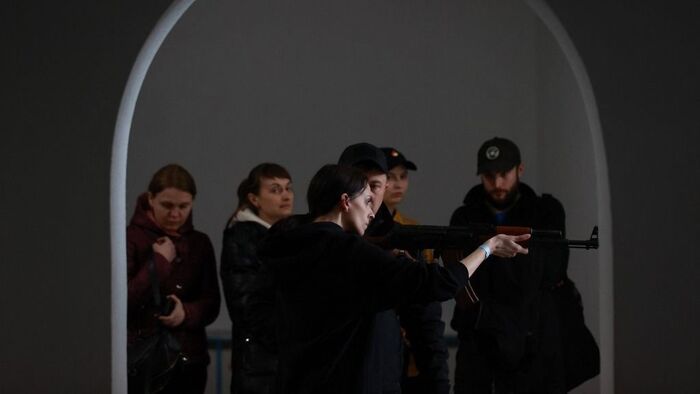


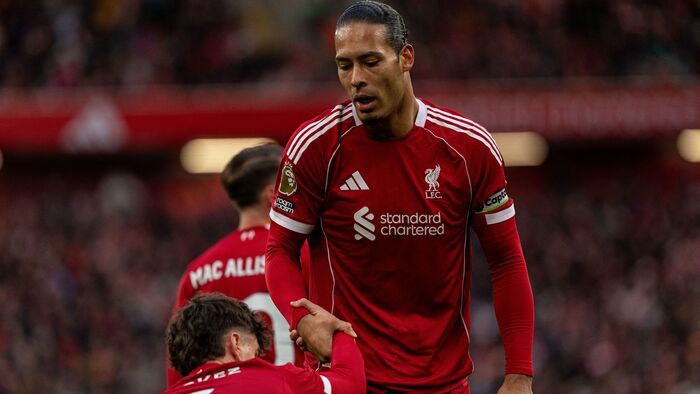
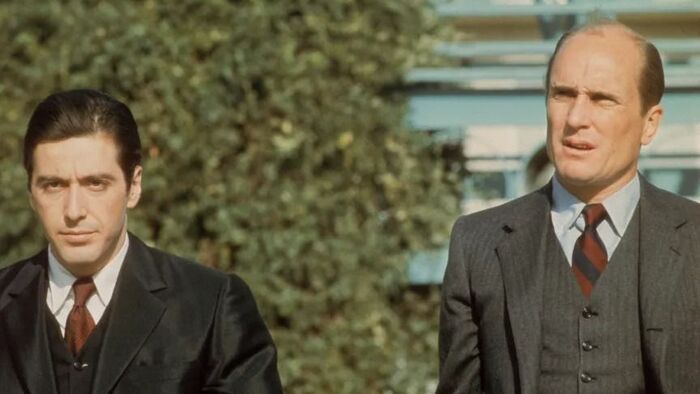

Szóljon hozzá!
Jelenleg csak a hozzászólások egy kis részét látja. Hozzászóláshoz és a további kommentek megtekintéséhez lépjen be, vagy regisztráljon!